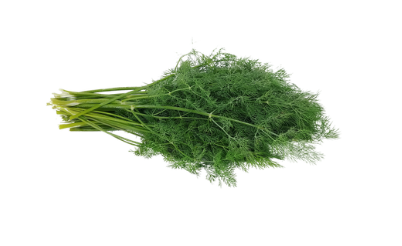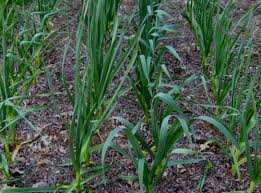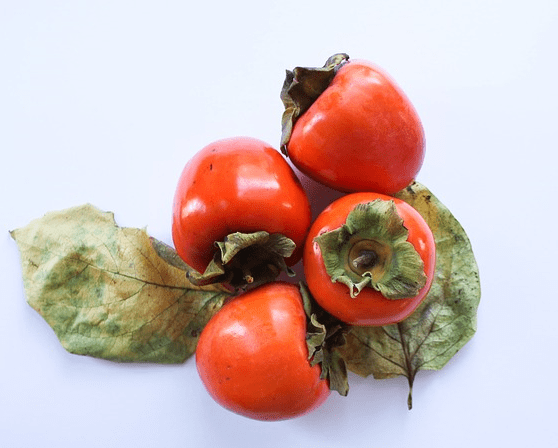A couple of weeks ago, I wrote about green garlic and delved into the myth of its vampire-repelling properties.
This week, our featured herb is dill (though its official name is “Fragrant Anise”), and it seems that in many cultures, dill is also seen as a magical plant with the power to ward off curses, witches, and other evil spirits.
That being said, it's important to note that as we go further back in history, the lines between “medicine” and “magic” become blurred. When we encounter ancient “medical” texts from pharaonic Egypt or classical Greece, it's not always clear whether the use of an herb is the result of observation and research or some superstitious belief.
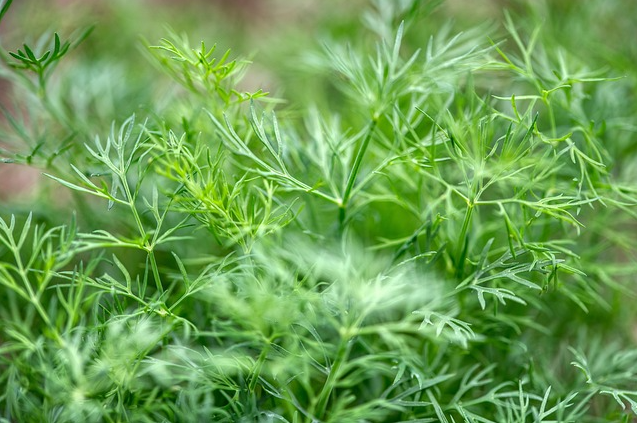
In reality, most of the medicinal herbs known to the ancient world do indeed have therapeutic properties, but not all the uses attributed to them necessarily aligned with their effective range of action. There's no doubt about the justified classification of dill as a medicinal herb. Dill is rich in minerals and vitamins, as well as compounds like monoterpenes, flavonoids, and other active substances.
It's considered beneficial for the digestive system, bones (being rich in calcium), and for balancing blood sugar levels. Additionally, there is evidence that some of the active substances in dill have anti-inflammatory effects, while others are considered calming.
When we combine all this with the fact that dill is a plant that is widespread throughout Eurasia and was available to both ancient Eastern cultures and the inhabitants of Northern Europe, it's no wonder that almost every culture, from the Egyptians of the third millennium BCE to the ancient Nordic cultures of Scandinavia, attributed healing properties to dill – and, as mentioned, other properties as well.
For example, gladiators in Rome used to rub themselves with dill, believing it would grant them immunity to death. The ancient Egyptians, hold on tight, saw dill as an aphrodisiac and used to anoint themselves with oil extracted from dill seeds as part of the preparations for lovemaking.
The ancient Greeks also saw dill as a plant that could increase potency and fertility, and therefore called it “the seed of Hermes”. Throughout the Middle Ages, the associations with dill only grew stronger, and it became part of the European witch's toolkit.
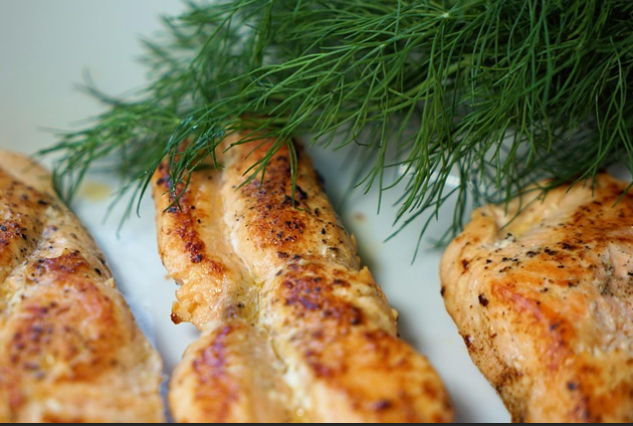
On the other hand, the use of dill was primarily as a tool for “good” protective magic or spells like bringing back a lost love, and also as a proven way to make your platonic friend fall in love with you.
In short, it's a magical plant. Today, magic is less fashionable, but dill is still going strong. In fact, I've done dill a bit of a disservice in this review, because I haven't yet addressed its most prominent quality – it's simply a culinary bonanza and a herb bomb that almost every kitchen from far northern Norway (where it's used to flavor fish) to Persian and Indian cuisine (in rice seasoning) and everything in between.
That's why it's a significant ingredient in both Russian or Ukrainian borscht as well as in Greek yogurt tzatziki.

